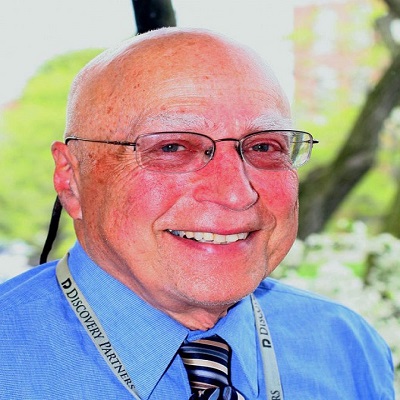
Abstract:
Purpose: An increasing attention has turned to the burden of secondary malignant neoplasms (SMNs) in long-term cancer survivors. The aim of this study was to describe the incidence, and survival outcomes of SMNs in primary hypopharyngeal squamous cell carcinoma (HSCC). Materials and Methods: Patients with primary diagnosis with HSCC and reported to the Surveillance, Epidemiology, and End Results (SEER) program between 1973 and 2016 were eligible for this study. Kaplan-Meier method was used to estimate the cumulative incidence of SMNs and survival rates. Standardized incidence ratios (SIRs) of SMNs after primary HSCC were also assessed. Results: A total of 8518 patients diagnosed with HSCC as their first malignancy were included (median follow-up: 142 months). 984 patients developed SMNs with a median time from primary diagnosis to an SMN diagnosis was 3.8 years. The cumulative incidences of any SMNs were 30% at 10 years, and 54% at 20 years. The top three common secondary tumors were lung, esophageal and oral cavity cancer, with cumulative incidence rates of 22%, 12% and 9% at 20 years, irrespectively. The SIR for SMNs in survivors of HSCC compared with the general population was 2.86 and 5-year overall survival (OS) rate after SMNS was 16%. Esophageal carcinoma as a SMN showed the highest SIR of 23.81 and presented with the lowest 5-year OS rate of 7%. Conclusions: Survivors of HSCC are at increased risks of developing SMNs compared with the baseline population. Patients developed oesophageal carcinoma as SMNs showed the highest SIR and shortest survival
Biography:
Michael Retsky (PhD in Physics from University of Chicago) made a career change to cancer research thirty years ago. He is on staff at Harvard TH Chan School of Public Health and Angiogenesis Foundation, both in Boston. He is also on faculty at University College London. He was on Judah Folkman’s staff at Harvard Medical School for 12 years. Retsky is Editor of a Nature/Springer book on breast cancer to be published in 2017 and Editor-in-Chief of the Journal of Bioequivalence and Bioavailability. He is a founder and on the Board of Directors of the Colon Cancer Alliance and has published more than 60 papers in physics and cancer. He was diagnosed with stage IIIc colon cancer in 1994. Based on his prior research on tumor growth and therapy he decided against using conventional maximum tolerated chemotherapy. Instead he used a low dose, long term therapy administered daily with a portable infusion pump and the usual colon cancer drug 5-fluorouracil. The therapy was non-toxic and apparently worked well since he did not relapse and it is now well beyond the period of risk of relapse. This was discussed with Judah Folkman and Tim Browder in 1996 and led to testing of this therapy in the Folkman lab. Results were published in 2000 by Browder et al and the therapy is now termed metronomic chemotherapy. The Browder et al Cancer Research 2000 paper is a citation classic. Both Folkman and Browder are deceased so Retsky (the cancer patient) is the only one left alive to relate the story of the initiation of metronomic chemotherapy. (See Retsky M. An argument for discovery-driven research: from physicist to cancer researcher. Ecancermedicalscience. 2014 Jul 3;8:ed38. doi:10.3332/ecancer.2014.ed38. eCollection 2014. PubMed PMID: 25075219; PubMedCentral PMCID: PMC4096027.)

